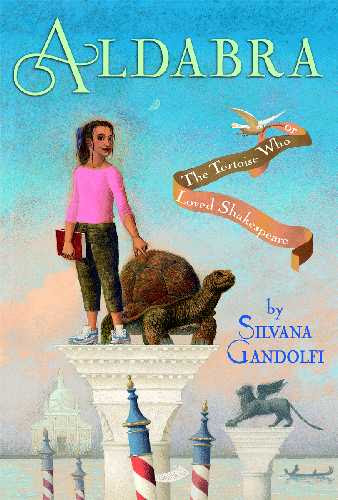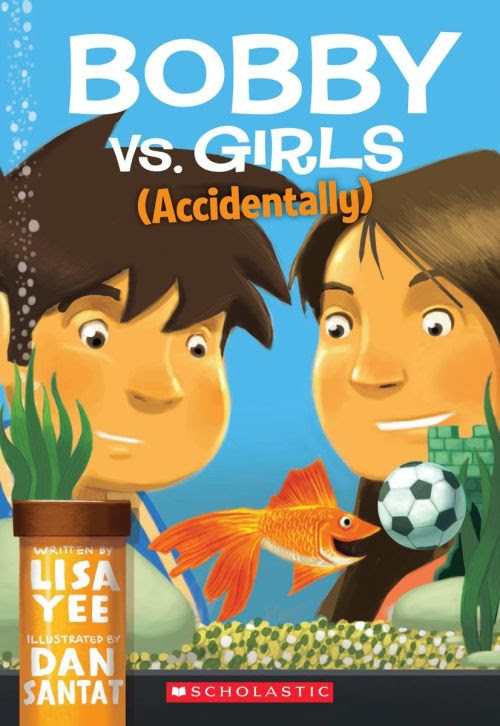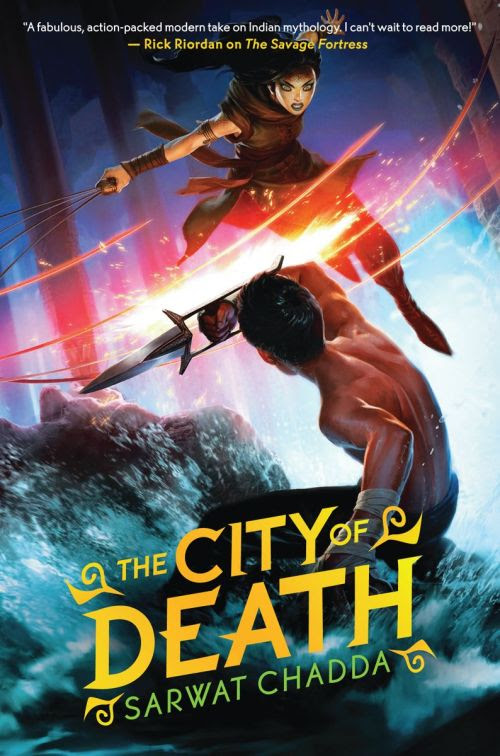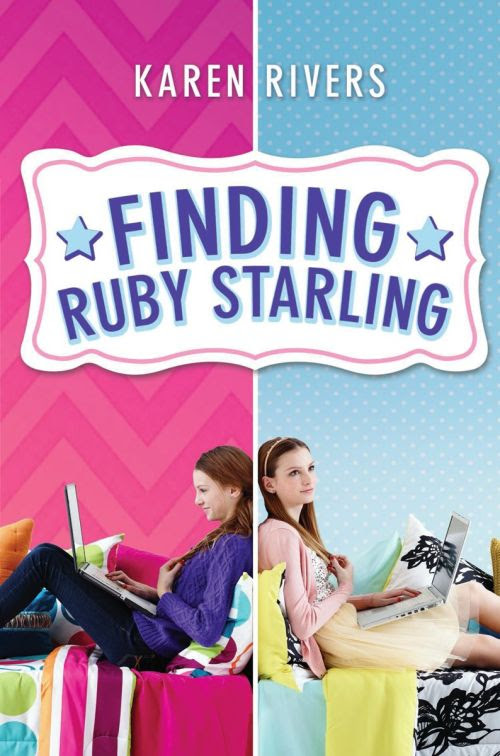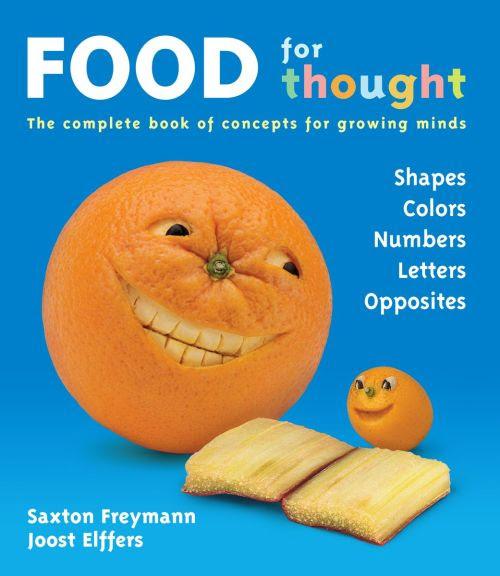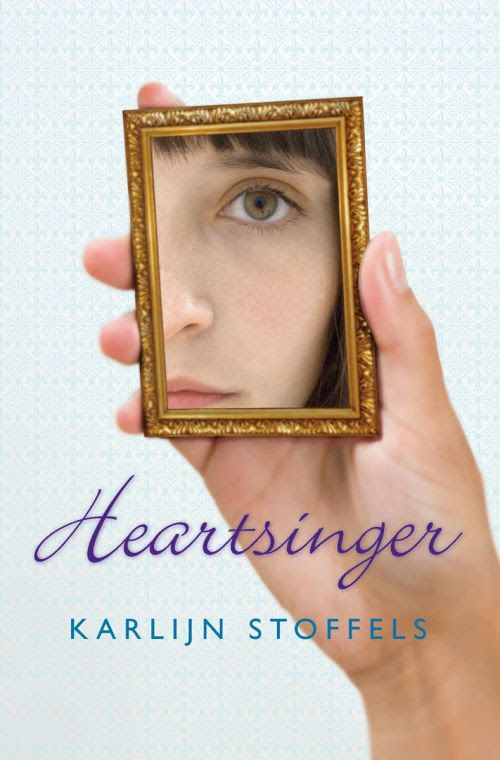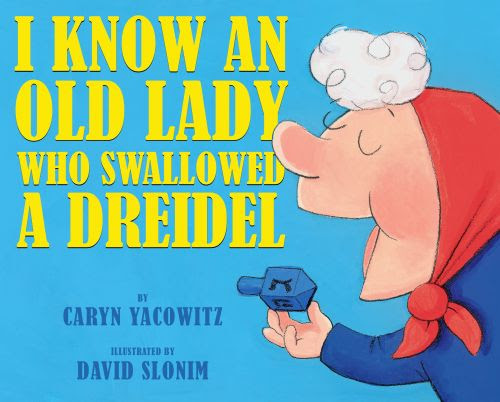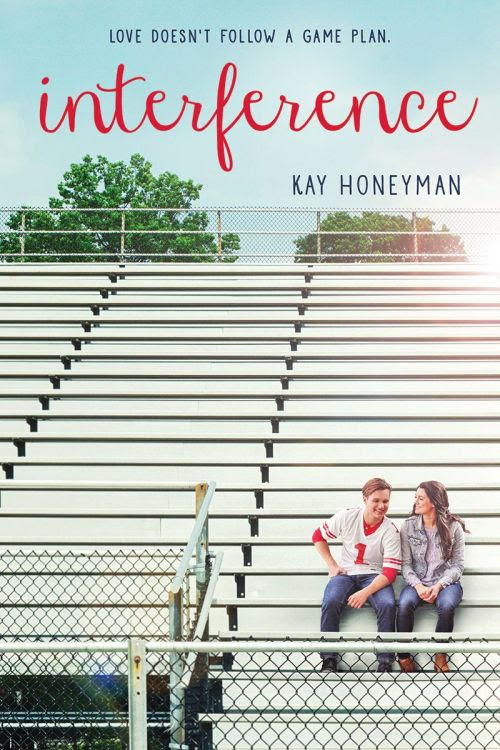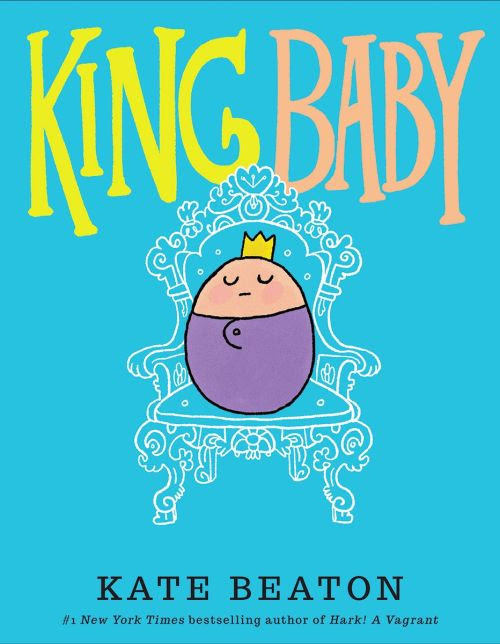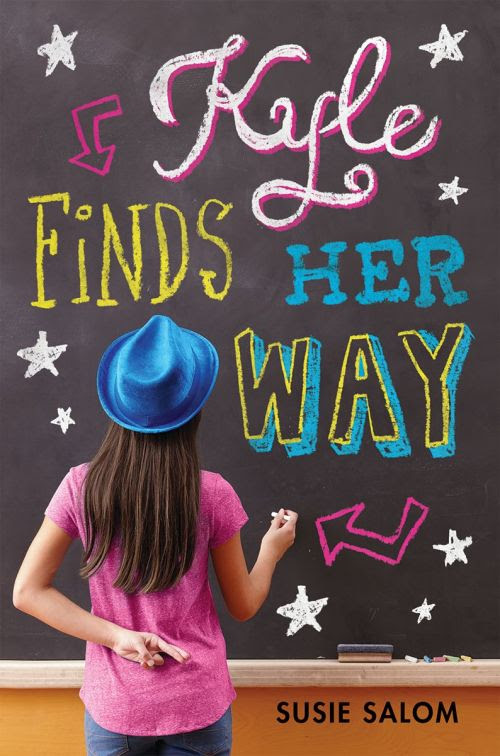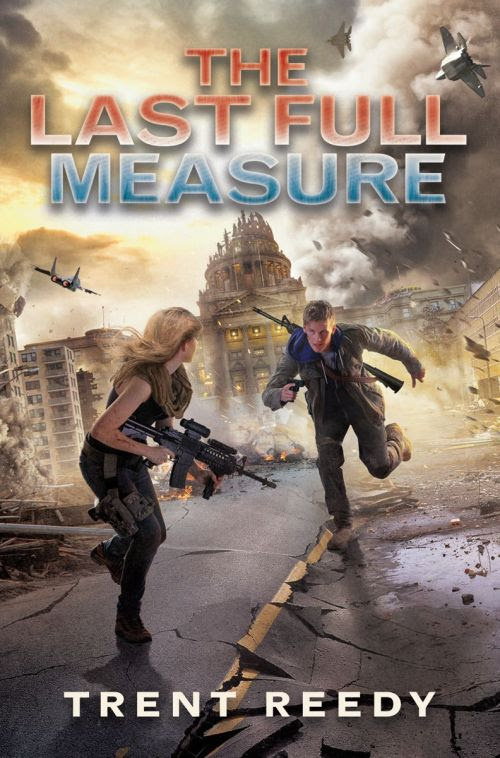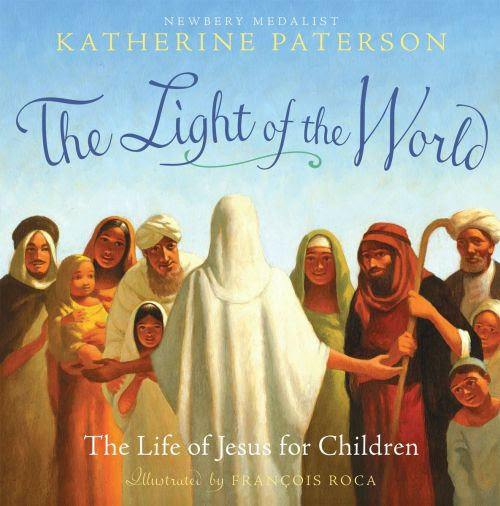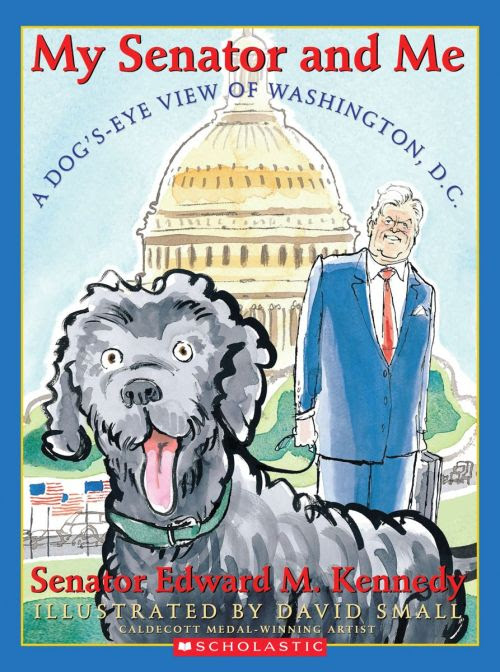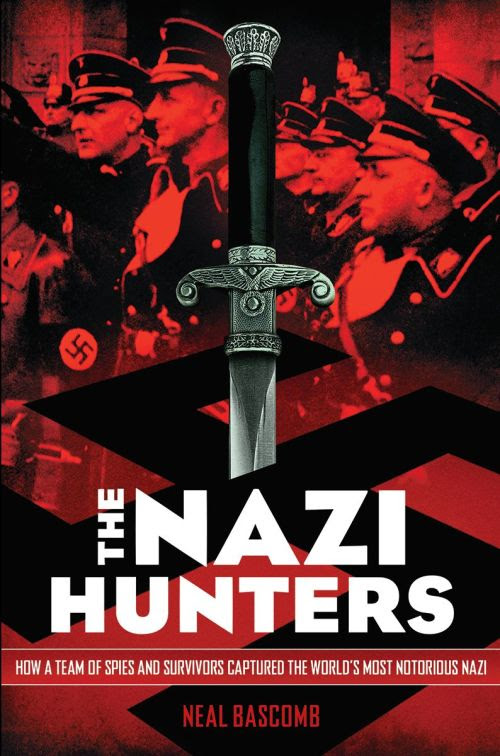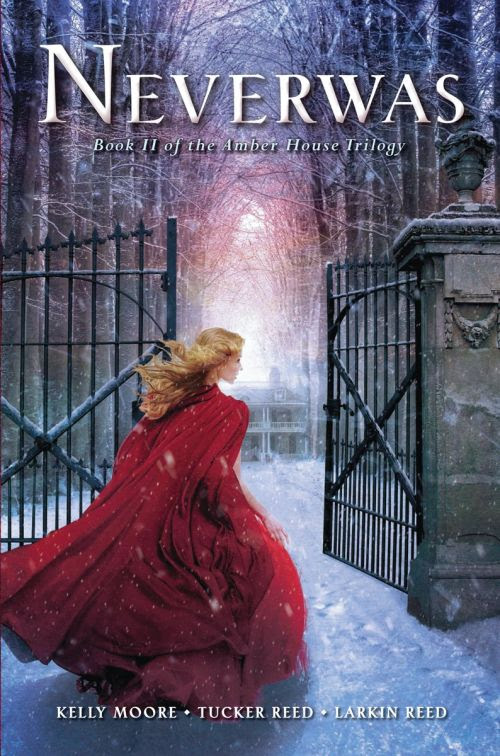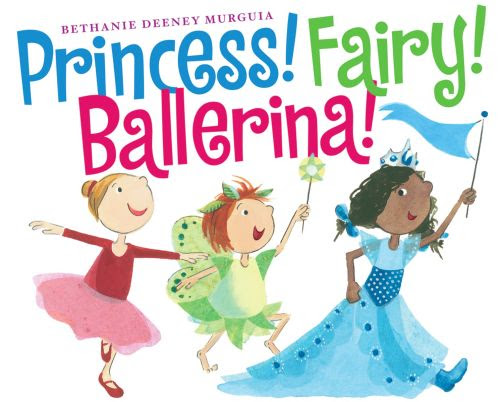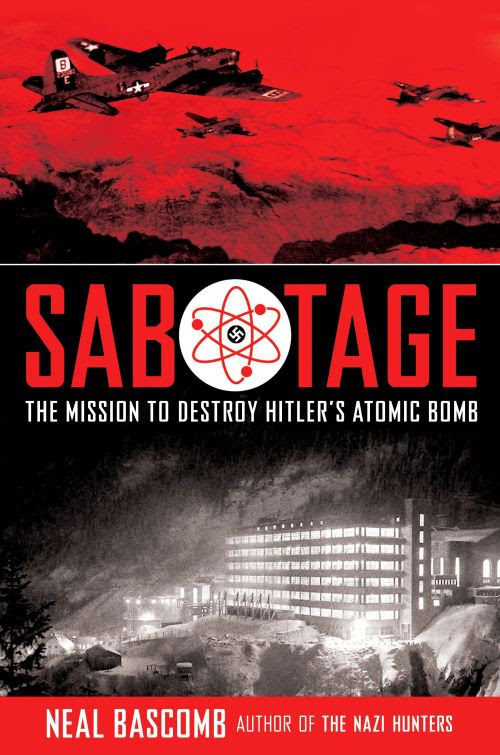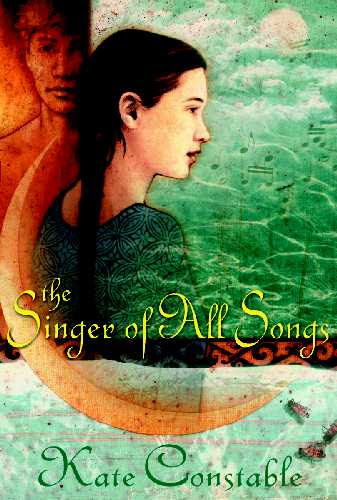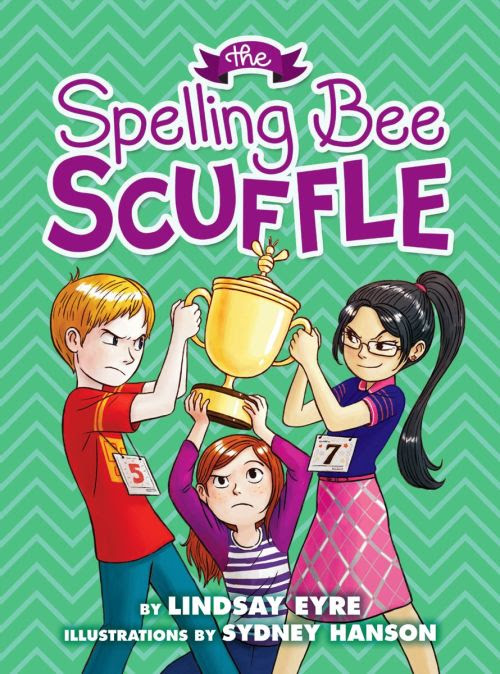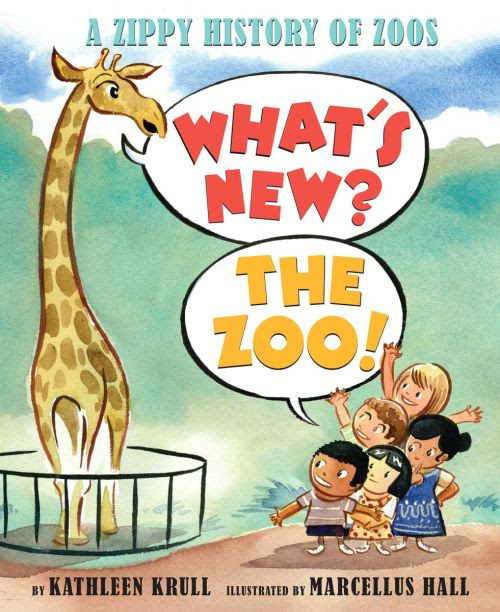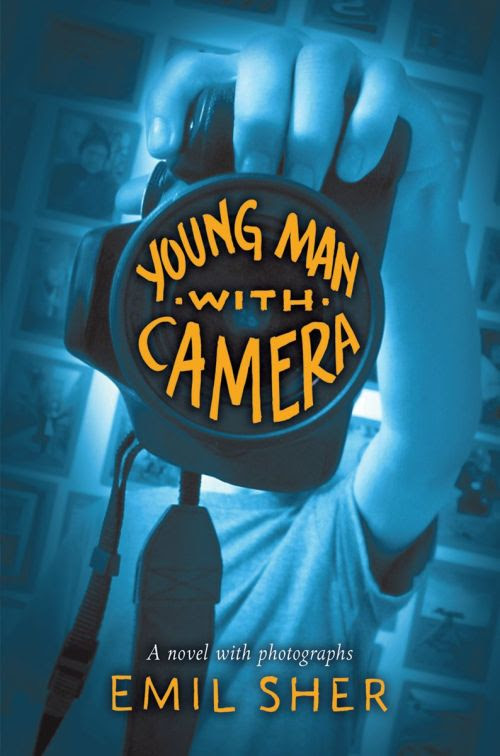Editorial Work
In June 2022, I became the editorial director at Algonquin Young Readers. Prior to that, I served as editorial director at Lee & Low Books, and from August 2000 to January 2017, I worked at Arthur A. Levine Books, a now-shuttered imprint of Scholastic, where I started as an editorial assistant and rose to the position of executive editor. I feel very lucky to get to do the work I do, talking to fascinating people about their brilliant ideas and how we can best share those ideas with the world.
Books I've Published
Books I've edited or co-edited have been New York Times bestsellers (Shadowshaper by Daniel José Older; Front Desk by Kelly Yang) and won multiple awards, including the Stonewall Award for Younger Readers (When Aidan Became a Brother by Kyle Lukoff, illustrated by Kaylani Juanita), a Coretta Scott King Author Honor (The Parker Inheritance by Varian Johnson), the Asian Pacific American Literature Award (Front Desk again), the William Morris Award for a YA Debut Novel (A Curse Dark as Gold by Elizabeth C. Bunce), the YALSA Excellence in Nonfiction Award (The Nazi Hunters by Neal Bascomb), the Sydney Taylor Book Award (The Nazi Hunters again), the Stonewall Award for Older Readers (The Porcupine of Truth by Bill Konigsberg), the Schneider Family Book Award (Marcelo in the Real World by Francisco X. Stork), the Amelia Elizabeth Walden Award (The Last Summer of the Death Warriors by Francisco X. Stork), the Christopher Award (Words in the Dust by Trent Reedy), the Sid Fleischman Award for Humor (twice: Millicent Min, Girl Genius by Lisa Yee, and Openly Straight by Bill Konigsberg), the Mildred Batchelder Award for Translation (Moribito: Guardian of the Spirit by Nahoko Uehashi, translated by Cathy Hirano), and a New York Times Best Illustrated citation (The Snow Day by Komako Sakai). You can see a selection of the titles I published at Scholastic below.
What I’m Looking For
We are closed to queries at Algonquin Young Readers, though agents can reach out to me through the usual channels. In terms of what I’d like to see there: Books with Big Ideas at their heart often excite me, especially when the ideas are matched with action that is compelling to a children’s/YA audience. I am a sucker for structure and stories that play with it. I adore characters who do things, who take action in their own lives, who love and lie and take risks and fight to get what they want, who are faced with and make difficult choices. I believe in complexity and nuance.
Genre-wise, I like fantasies, I like mysteries, I like romance, I like thrillers –- but I look for a literary style more than a commercial one (see below for some thoughts on "literary" writing), and stories that are driven by their characters rather than just the familiar conventions of the genre. I love books that twist genres -- the thriller that begins as a fantasy, the mystery told entirely through letters.
I’d love to see more school stories and sports books. I’m the child of two former teachers, so my life from the age of four to twenty-one pretty much revolved around school, and I played soccer, t-ball, volleyball, and basketball growing up (all badly, I cheerfully admit). I also very much enjoy nonfiction, of a narrative or descriptive stripe rather than a reference or prescriptive type. I love the science articles in The New Yorker because they teach me how rich and strange our world is, and that’s what I think all good nonfiction should do, whether it’s science or economics or history or biography.
What does “literary” mean?
It means that the manuscript explores a situation in some depth, whether it’s emotional depth (you’re going deep into this character’s pain) or philosophical depth (your book is really about the meaning of life) or factual depth (by the end of your book I will be absolutely fascinated by sea slugs) -- or best, all of the above. Literary books delve rather than skimming or describing the surface.
It’s true that sometimes the action that happens in literary fiction occurs entirely in the protagonist’s head — an insight, a release, a decision of some kind. But those internal events will feel as large as explosions because we know the character so well and we understand how life-changing that insight or choice really is. In children’s & YA fiction, this kind of internal action is usually followed by external action as the protagonist implements this new understanding in the outside world. In sum, in literary fiction, the writer is as interested in the characters’ emotional development as they are in the action the novel portrays, and particularly in the relationship between the two, even if that relationship isn’t spelled out in so many words.
What about illustration samples or portfolios?
Illustration samples are always welcome. If I like your style and it seems like a good fit for our list, I will keep the sample on file; if your style doesn’t seem right for me, I’m going to recycle the sample. (Sorry.) I am happy to do portfolio reviews as time and taste permit, and I’ve written a little bit about what I like to see in an illustrator’s portfolio here.
What do you not like?
Novels in verse where the verse is actually prose with lots of line breaks; picture books that you’d just describe as “cute”; overly bleak, angsty, or moralistic YA; books where people don’t do things. Also, if you’ve written a book, especially a picture book, for the sole purpose of teaching a practical or moral lesson to children, like “Be kind to everyone” or “Don’t play doctor with the pit bull”: Your manuscript will probably not be right for me. Everything else that fits the criteria above, I’m happy to take a look.
